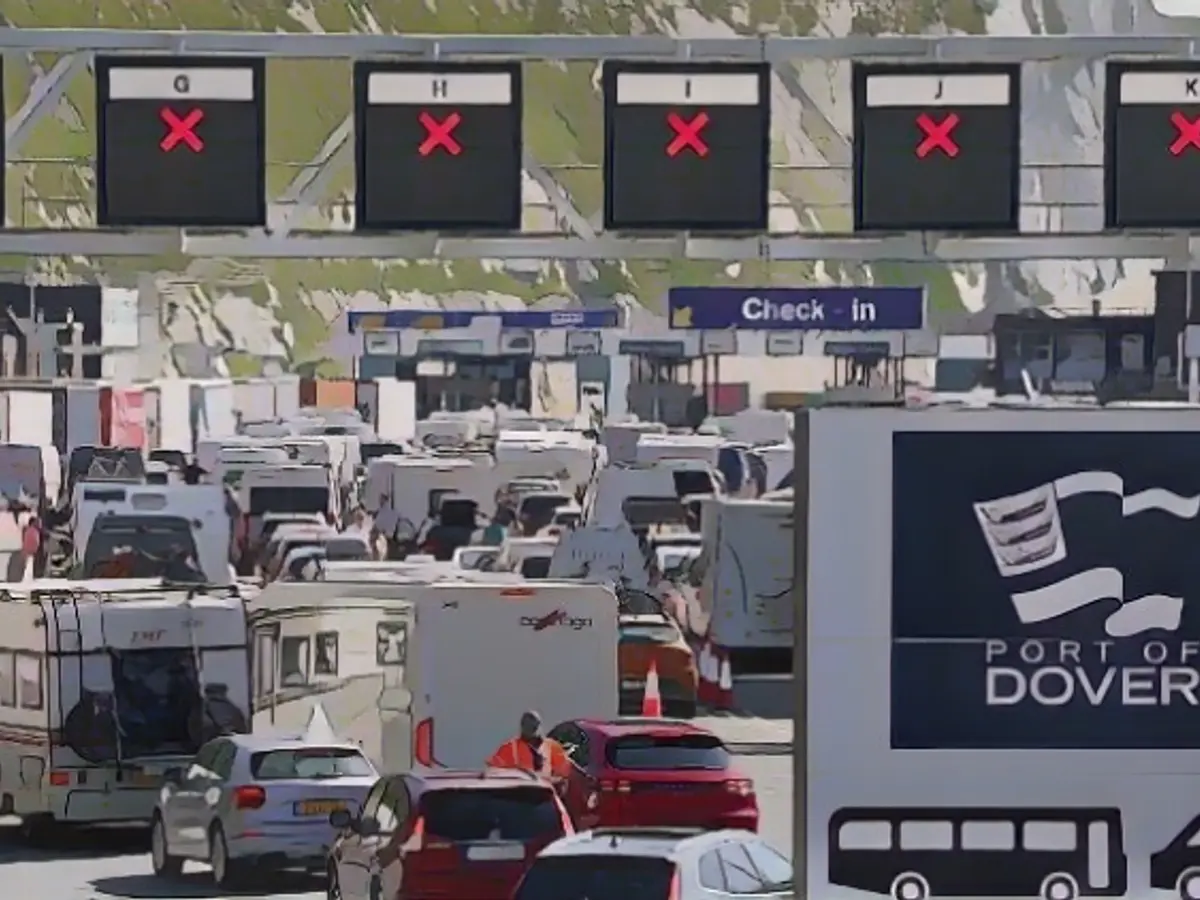Brexit's Economic Concerns Persist After Three Years
Three years post-Brexit, the economic implications continue to cause concern for businesses in the UK and Europe. While larger companies have adapted, smaller businesses remain the main casualties of this separation.
According to estimates, trade between the UK and EU has dipped by 10-15% since Brexit, resulting in the UK slipping out of Germany's top ten trade partners. The initial break on January 1, 2021, further complicated matters, leading to substantial delays in shipping, especially at the outset.
However, trade is reportedly recovering, offering a glimmer of hope for the future. German technical expertise is seen as vital to unlocking renewable energy potential in the UK.
For EU food exporters, the picture is less optimistic. The UK intends to introduce import controls for animal and plant products. While these regulations will pose challenges, their overall impact on the broader economy is expected to be minimal, suggests Hoppe. Exporters may, however, contend with additional organizational work and operational delays from risk assessments.
British businesses, particularly in agriculture and the chemical sector, now face new obstacles. These areas have already been hit by new tariffs and must now navigate supply chain reporting, CO2 emissions, and plastic packaging requirements.
German businesses are also concerned about the residence regulations, which have made it more challenging (and costly) to send skilled workers on temporary assignments and relocate permanently. UK's Conservative government recently proposed a significant increase in the required annual income for foreign workers as a solution, potentially deterring many skilled workers. This move is especially concerning for the younger generation starting their careers, according to Ambassador Berger.
The consequences of such changes are not yet known. From January 2024, UK precedence for initially adopted EU law will come to an end, leading to growing legal uncertainty. Companies in affected sectors must remain vigilant and be ready for quick responses to continuously changing policies, as bureaucracy and costs will inevitably increase in some areas.
Relevant Details (Enrichment)
- Trade and Investment: Brexit has resulted in significant contraction in UK goods trade, with volumes falling nearly 10%. However, service trade has shown resilience. Non-tariff barriers have negatively impacted small and medium enterprises, leading to some ceasing exports altogether.
- Financial Services: The loss of passporting rights has diminished London's competitive edge as a financial hub, leading high-profile banks like HSBC to move operations to Paris and Dublin.
- Manufacturing Sector: The sectors most affected by Brexit include logistics, food processing, and export-heavy industries. Challenges include labor shortages, regulatory divergence, and increased costs.
- GDP Impact: Estimates predict the UK's economy to be 2.5% smaller than it would have been without Brexit by 2023. This estimate rises to 3% in 2024 and 3.2% by 2025.
For the EU, the early market impact of Brexit was marked by volatility and uncertainty, causing the pound sterling to hit record lows. Nevertheless, deeper regulatory alignment with the UK could offer substantial economic benefits, potentially recouping up to half of the economic hit caused by Brexit and boosting EU exports by $29.5 billion.








